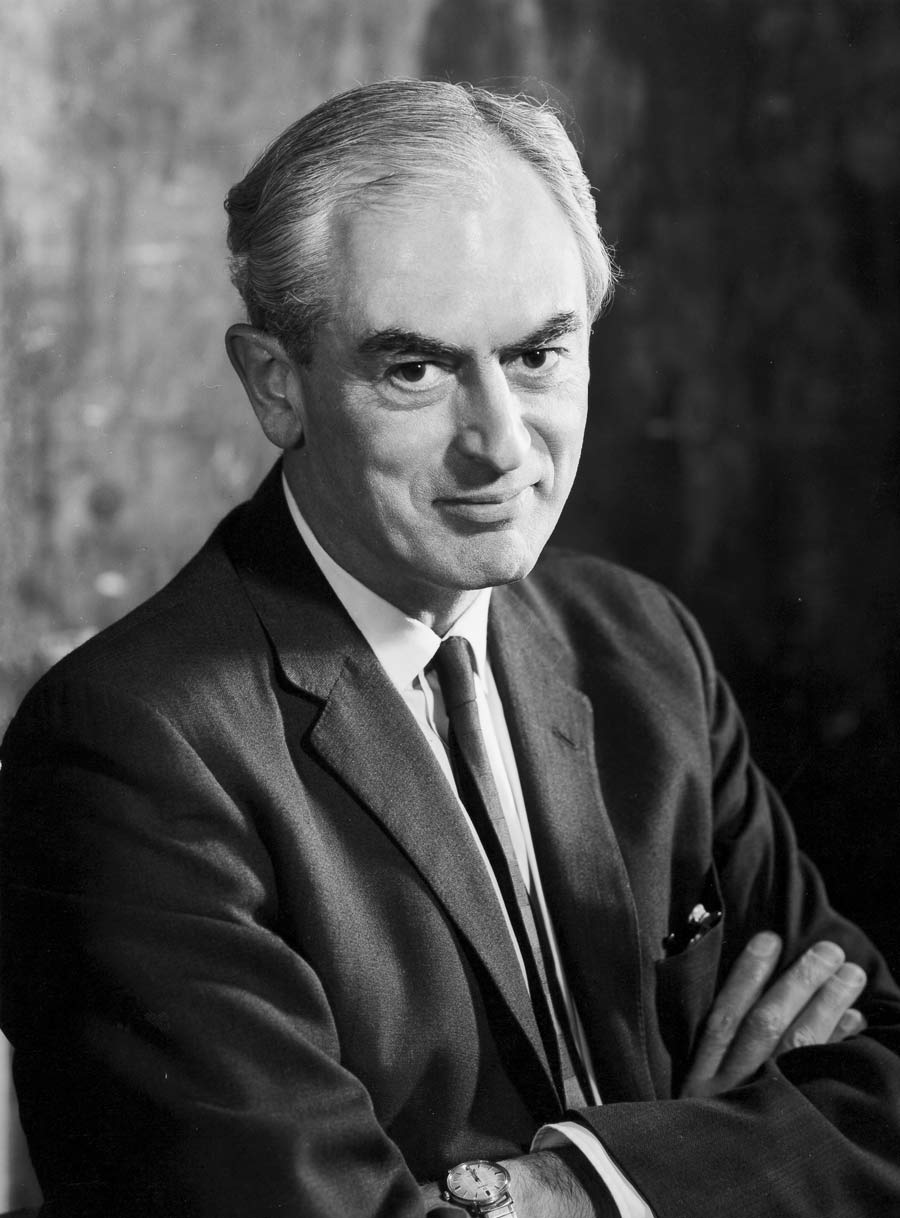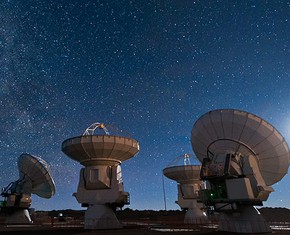The views expressed in our content reflect individual perspectives and do not represent the authoritative views of the Baha'i Faith.
Science may provide the most useful way to organize empirical, reproducible data, but its power to do so is predicated on its inability to grasp the most central aspects of human life: hope, fear, love, hate, beauty, envy, honor, weakness, striving, suffering, virtue. – Dr. Paul Kalanithi, When Breath Becomes Air
Do you believe in science? Most modern people would answer yes to that question—but even great scientists say that science has its limitations.
 The Nobel Prize winning scientist and author Sir Peter Medawar explored that thesis in his book The Limits of Science. In it, Medawar made a clear distinction between the scientific realm and the realm of what he called “the transcendent.”
The Nobel Prize winning scientist and author Sir Peter Medawar explored that thesis in his book The Limits of Science. In it, Medawar made a clear distinction between the scientific realm and the realm of what he called “the transcendent.”
We can best answer questions about the structure and organization of the material universe, Medawar concluded, with scientific inquiry. He called science the “most successful human enterprise,” and praised humanity’s scientific achievements, saying that ultimately they have “no limits.”
On the other hand, Medawar wrote, humanity also faces bigger questions, which go far beyond the purview or the scope of science—the subjects that pertain to morality, God, eternity and the purpose of life. Only art, literature, metaphysics and religion can answer those transcendent questions, Medawar concluded.
We often call those big transcendent questions “supernatural,” because they exist beyond the known forces and laws of nature. Many science-oriented people say they don’t believe in the supernatural—that they don’t accept anything we can’t scientifically explain—and doubt the existence of the spiritual as a result. They limit their beliefs to only that which can be scientifically proven.
But such a limited perspective, the Baha’i teachings say, misses one entire branch of science:
Scientific knowledge is the highest attainment upon the human plane, for science is the discoverer of realities. It is of two kinds: material and spiritual. Material science is the investigation of natural phenomena; divine science is the discovery and realization of spiritual verities. The world of humanity must acquire both. A bird has two wings; it cannot fly with one. Material and spiritual science are the two wings of human uplift and attainment. Both are necessary — one the natural, the other supernatural; one material, the other divine. By the divine we mean the discovery of the mysteries of God, the comprehension of spiritual realities, the wisdom of God, inner significances of the heavenly religions and foundation of the law. – Abdu’l-Baha, The Promulgation of Universal Peace, p. 138.
Science allows us to develop nuclear weapons, for example, but only spiritual science can help us decide whether to use those weapons. Material science can manufacture huge coal-fired power plants, but only divine science can help us deal with the climate change consequences, and decide whether to continue building them. The purely materialist physical sciences cannot make moral or spiritual value judgments—for that we need a divine science:
Material civilization serves the world of men, but the spiritual civilization founds the world of morals. These two kinds of civilization must go hand in hand. The material civilization is like the lamp, but the spiritual civilization is like the light in the lamp. This lamp without the light is a useless thing. Therefore, in our day philosophy and science must go hand in hand with the spiritual civilization. The material civilization is like the body; the spiritual civilization is like the spirit which is the life to the body. So long as the spirit gives life to the body, we behold a living thing, but a body without spirit is dead. It is my desire that ye all may reach the state of spiritual civilization. Like as ye have made great progress in material science, so may ye also progress in the spiritual world. – Abdu’l-Baha, Star of the West, Volume 3, pp. 68-69.
Baha’is believe in the essential agreement of science and religion—that the two are intertwined with each other and cannot be separated. Abdu’l-Baha said “any religion contrary to science is not the truth.” – Paris Talks, p. 130. In fact, the Baha’i teachings say that material science and divine science must ultimately agree and correspond:
Any religious belief which is not conformable with scientific proof and investigation is superstition, for true science is reason and reality, and religion is essentially reality and pure reason; therefore, the two must correspond. Religious teaching which is at variance with science and reason is human invention and imagination unworthy of acceptance, for the antithesis and opposite of knowledge is superstition born of the ignorance of man. If we say religion is opposed to science, we lack knowledge of either true science or true religion, for both are founded upon the premises and conclusions of reason, and both must bear its test. – Abdu’l-Baha, The Promulgation of Universal Peace, p. 104.
You May Also Like
Comments

















There is no such thing as excommunication for being gay in the bahai faith. Losing ones rights is a very different thing and is very rarely used in any case. There is some misunderstanding among some people that assemblies ...are interested in policing bahai believers. They are not. At the same time, anyone who accepts the faith hopefully understands that an integral part of any belief system is that we are spiritual beings first and foremost and there are spiritual laws which, if followed, enable us to grow closer to God. Anyone entering the faith, whether homosexual, alcoholic, or dealing with any such thing, should be given space develop their own understanding of these principles and a desire to follow them out of love. For what would be the point of following the laws without love?